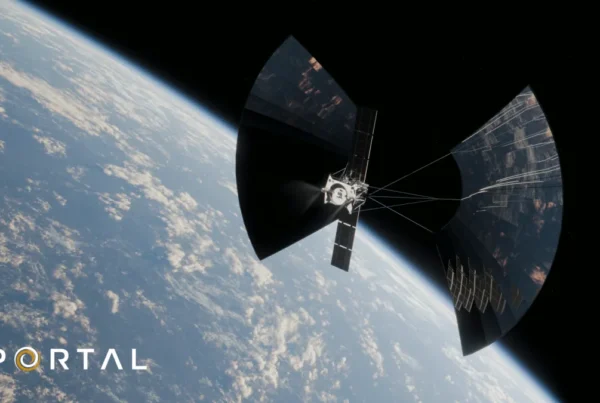In the early morning hours of February 24th 2022 there was a cyber attack on ViaSat, a US-based multinational satellite provider. One hour later, the Russians invaded Ukraine. The attack, intended to cripple Ukraine’s command and control, expanded beyond its intentional target affecting several other countries in Europe. The downstream effects of the war, and the echoes of the cyber attack, have traveled far beyond Ukraine and served as a massive wake-up call to our dependencies on continuous satellite support.
The attackers used known techniques to breach the ViaSat systems and installed “wiper” technology dubbed “AcidRain” on targeted modems which resulted in a total loss of 40k modems needed for satellite communications. The devices were completely erased, rebooted, and permanently disabled. The attackers somehow obtained legitimate credentials, a technique known as “living off the land” (LOTL), and moved laterally to achieve their objectives. In the immediate aftermath, many governments, company Boards, and security professionals fully realized how dependent our countries, communications, and seemingly obscure day-to-day activities are impacted by satellites.
It’s estimated that there are over 10k operational satellites flying in orbit now and that number may grow to as many as 30k+ by 2030. From banking (trade timing and synchronization) to transportation (GPS) to national security (imagery, intelligence, surveillance, reconnaissance, targeting), the dependencies continue to grow.
The alarming fact that we learned with Rebel Space is that much of the satellite communication technology leverages radio frequency transmissions that are vulnerable to a wide variety of electronic and cyber attacks that most satellite operators are not prepared for.
In early 2023 the NIST issued updated guidance for satellite communication security with respect to ground control stations generating a demand signal for continuous monitoring. Additionally, last August the Pentagon and the intelligence community hosted a satellite hacking challenge at DEFCON23. Three teams were able to rapidly hack a US government satellite with relative ease. And just last week Spider Oak and Payload published a comprehensive report on the state of space cybersecurity and zero trust.
“In additional to the sheer volume of birds (satellites), society’s infrastructure, national security, and data dependency are now fully intertwined with our space-based assets.”
Enter Rebel Space, a company with founders who have been on the cutting edge of commercial and military space operations for over a decade.
Lee Rosen, co-Founder & CEO at ThinkOrbital and formal Advisor/Mentor at Rebel Space, introduced us to his fellow Air Force teammate Carrie Hernandez, co-Founder & CEO at Rebel Space. I met Carrie for coffee in San Diego (she drove down from LA) one morning last June. I was immediately blown away by her personal story of growing up in a military family, enlisting, becoming a linguist, and then transitioning to the officer side. She very specifically worked in space warfare while in the Air Force, and then joined Lee at SpaceX to continue communications security design and support. I knew after that coffee that I had just met one of the world’s leading experts on this topic, and someone who is going to move mountains to fix this rapidly expanding problem set.
We proceeded with due diligence through the Fall and recently led their seed round. While some VCs struggled to understand this emerging market (space) and her near-term focus on government funding, we grew more excited as we got to know the team, their platform, and the opportunities they see in the years ahead.
Rebel Space is the only startup selected for the Space Force’s Orbital Prime program that is focused on cybersecurity for space operations. This will hopefully lead to long-term contracts and solutions to keep our critical space infrastructure secure. And with the explosion of space startups (and funding) inspired by SpaceX there will be future communications standards established for ground control stations and satellites, and Rebel is perfectly positioned to lead on setting those standards.
We have asked Rob Bair, a retired Naval Officer with experience in the U.S. intelligence community and former National Security Council member for intelligence programs and cyber, to represent TFX Capital on the Rebel Board of Directors. We are excited to get to work with the other investors Garuda VC, Everywhere VC, and Village Global. And we are actively helping the team scale and grow their business development pipeline.
Onwards!




